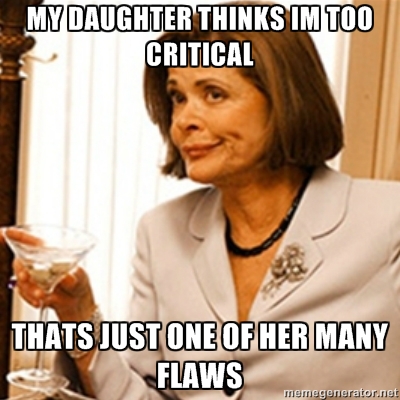What? You thought that publicly calling out groups of people didn’t open you up to some criticism yourself? You know what they say about people who write open blogs (even when one of them is ostensibly to your past self.)
Now, don’t get me wrong. It’s healthy to criticize those with unchecked power. A handful of technology venture capitalists are indeed uber-wealthy kingmakers in a relatively small industry with an easily overwhelmed press corps that’s apt to turn a blind eye to what’s become standard-issue jerk behavior.
So, your straightforward posts about the bad actions of certain VCs and founders have done a great service in many ways. Indeed, throwing stones at prominent but dysfunctional folks is often welcome at first blush. People are downright thirsty for it. It’s lauded and shared and re-shared.
But then, after a couple of times, these kinds of things start to seem formulaic. Easy to parody.
Because it’s really not as easy as you say it is, this business of delineating between “nontrepreneurs” and real founders, between “smart” VCs and “dumb” VCs. 98 percent versus 2 percent is an awfully pessimistic figure — and, as others have pointed out, it’s not even accurate. The world here just isn’t this black and white.
And, after a short while, all this mud-slinging just makes other people ask: “Why is this person judging my business, and whether it’s worth a billion dollars or not? Who is he, Bill Gates?” It’s just like people asked what was so special about those ladies who wrote The Rules. These are nasty and negative questions, and it’s a bad way of evaluating other human beings — a level of criticism that hardly any of us can measure up to. But to be fair, you dished it out first.
These black and white delineations about who is “smart” and who is “dumb” are almost reminiscent of those old fashioned style tenets that still get bandied about in women’s magazines and chick lit today: Are you hourglass shaped or pear shaped or apple shaped? Are you a Jackie or a Marilyn or an Audrey?
It’s alluring in its simplicity, which is why it continues to sell. But ultimately it’s a false way of looking at the world.
